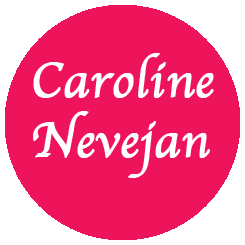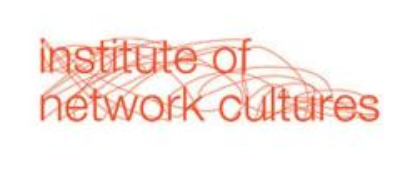Videos, Flying Money Conference
The current scale of real estate acquisitions points to a systematic transformation in the pattern of land ownership. This development has significant implications for equity, democracy and rights. Small and/or public entities are being aggregated and privatized, often with the support of local governments. Big corporations own increasingly large proportions of valuable space in the city, either directly or through other financial instruments. What happens when no one seems to be accountable? In this context, we need to ask: Who owns the city? That is, do we know the origin of these investments in the city? What is their influence on the character of a city and its public space? What are the values driving this significant phenomenon, and how can local communities retain a grip on their environment? Technological developments can offer citizens new ways to connect, work, and travel. They also offer (local) governments new instruments that can be used to gain a better understanding of financial flows passing through the city and the main financial players. To orient our use of these instruments, we need to ask: Who are the users of new payment systems? Are they used for transactions or rather to store value? What surplus value do these new systems offer to the city and the community at large? We also need to broaden this investigation. We also need to ask if there is any way for city governments to have an influence on these systems; or, if local authorities become economic players themselves. The City of Amsterdam used to run its own bank for its citizens: the Gemeentegiro (1917-1979), which, at the time, utilized a lot of progressive innovations. What can we learn from this institution? Speakers: Joris Luyendijk (Journalist) Jan Willem Bastijn (CEO Cushman & Wakefield) TINKEBELL. (Artist) Caroline Nevejan (CSO City of Amsterdam)


